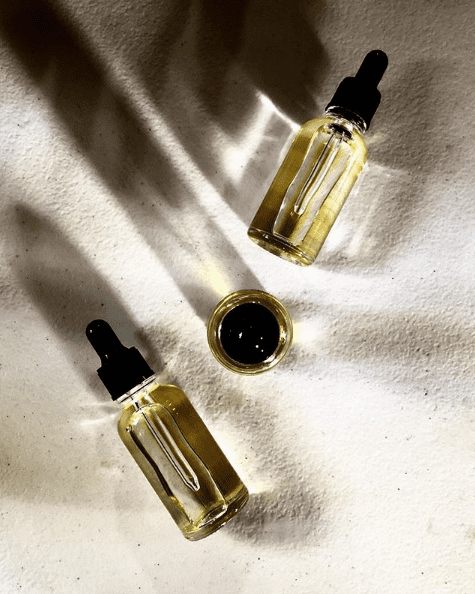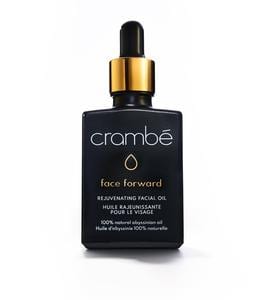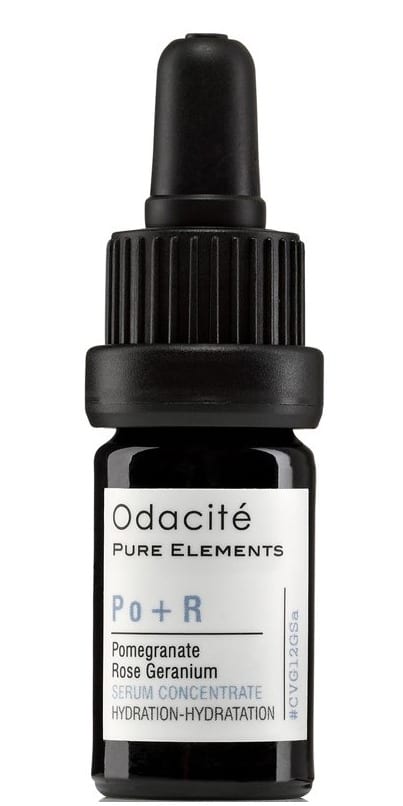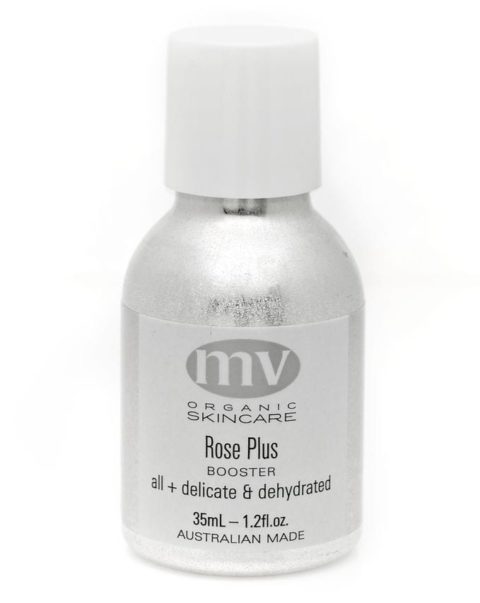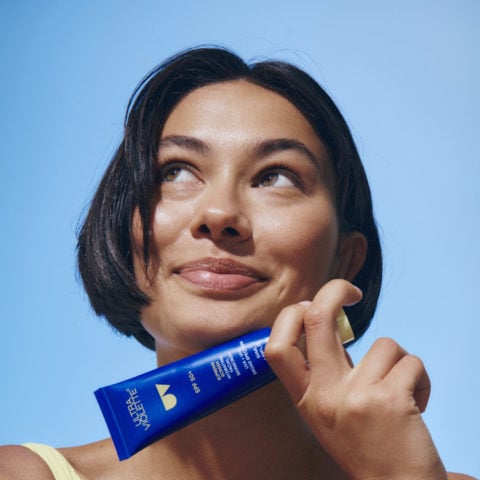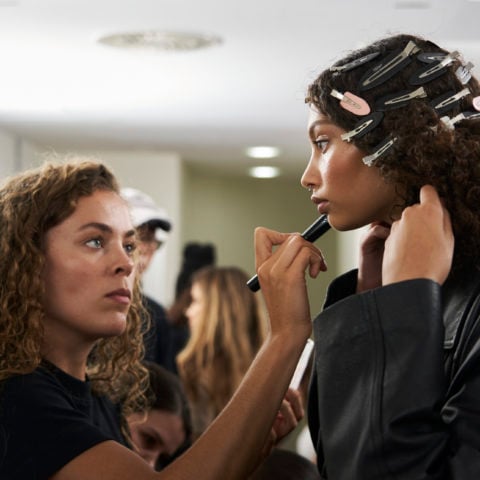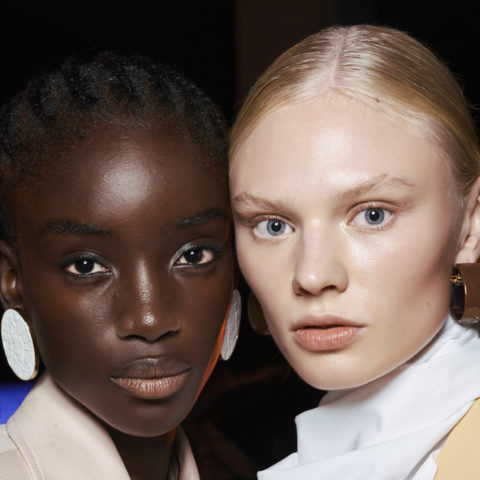What You Should Look For In a Facial Oil
Three skincare brand founders tell you all you need to know.
Though the benefits of plant oils have been documented for years, their popularity in skincare has only increased in the last decade. But, with a wide variety now on the market, choosing one isn’t easy. Especially when a “rosehip” or “jasmine” oil has a list of triglycerides and extracts that appears before the supposed star ingredient. Thankfully, there’s a few companies that don’t advertise half truths on their labels. I talked to brand founders Daniel MacKinnon of Crambé Skincare, Valerie Grandury of Odacité Skincare, and Sharon McGlinchey of MV Organic Skincare about what to look for when you’re buying a facial oil.
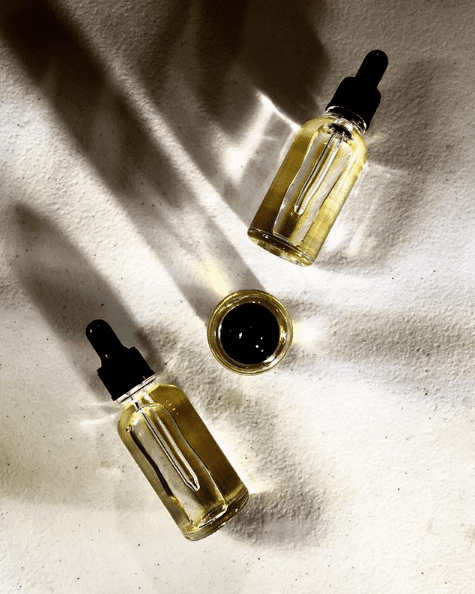
There’s many popular facial oils that have a feature ingredient like rose or jasmine but they don’t actually contain a high level of what’s advertised on the product. Is the reason why brands cut their oils with “filler” ingredients because of cost?
Daniel: Many pure essentials oils are very expensive to produce. Rose oil, for example, is said to take at least 60 roses to produce a single drop of oil. Many brands use essentials oils like jasmine, rose, peppermint or lavender in their products, which do offer great skincare properties. However, they’re too concentrated on their own to be applied directly to the skin. The use of a carrier oil helps deliver the benefits in a safe manner.
Valerie: Well you have two kinds of oils. One that’s pressed from seeds and nuts, yielding an oily liquid and essential oils that can be extracted from flowers, herbs, and peels using different methods. I think this is where most people get confused. Essential oils offer extraordinary benefits to the skin and are very potent, they should always be used at low concentrations. Some products use cheap carrier oils -that have little to no benefits- as fillers and instead of essential oils, use fragrances, that have no benefits for the skin and are sadly very toxic.
Sharon: Yes, the cost! A steam distilled rose otto oil, a alcohol-extracted rose absolute or a jasmine absolute can be purchased as a pre-mixed dilution in carrier oils such as jojoba. This would be a very small fraction of the cost of purchasing a 100 per cent pure essential oil. Most skincare companies have to factor in a distributor’s margin who sells their line to retailers. This is why I sell direct to all my retailers because the price I would have to sell for would mean I would not make any money and my business would be totally unviable and the shelf life is often significantly reduced due to poor storage conditions
What are some of the most popular ingredients in facial oil blends you know that serve as fillers? Are any of them harmful to or unhealthy for the skin?
Daniel: You should avoid products with higher levels of coconut, palm oil or flaxseed if you plan to use them on your face. They have a high comedogenic index, meaning they can clog your pores and lead to breakouts.
Valerie: For me the biggest offenders are artificial fragrances. Fragrances are a big safety loophole when it comes to our health. When you see the word “fragrance” or “parfum” on an ingredient list, know that it’s considered by the beauty industry as a trade secret. Because of this secrecy ingredients that make the “fragrance” don’t need to be listed. Fragrances can be made of hundreds of synthetic chemicals known to trigger severe allergies. They also contain a perfume fixatives called phthalates that are dangerous endocrine and hormone disruptors.
Sharon: Many larger companies tend to use the cheaper plant oils such as grapeseed and apricot kernel. They rely heavily on the fact that those who do read ingredient lists tend to not understand the difference in price between plant and vegetable oils.
What should consumers look for when reading labels on oils?
Daniel: Everyone’s skin reacts differently to oils and ingredients. The more oils included in the mix, the larger the chance that you may have a reaction and determining which oil is causing the reaction becomes next to impossible. The ability to use a single ingredient product helps the consumer control and understand exactly what it is that they are applying to their skin.
Valerie: Only use plant oils. Mineral oils will clog your pores. There are hundreds of plant oils, and each has a very specific fatty acid, antioxidant, mineral and vitamin profile that make them better for certain skin conditions.
Sharon: I guess with oil based skincare it’s not so much that oils are used as fillers, but many of the plant oils used are cosmetic grade. A cosmetic grade oil is generally RBD classification, meaning its refined, bleached and deodorized. If an antioxidant rich plant is RBD, it gets stripped of most of its antioxidant benefits. Labels will also only tell you what plant and essential oils are in the product. They usually appear in descending order and the quality and freshness of the oils is hard to know because even the skincare company is highly unlikely to know.
How should oils be packaged?
Daniel: Oils are best stored away from direct light and heat, as it can damage the oil and cause it to oxidize faster. We package Crambé in a dark opaque glass bottle to help protect it from such exposure and suggest it be stored at a moderate room temperature.
Valerie: We use a glass called ‘violet glass” made in Holland. It was originally used for medical tinctures. It blocks all light, except for a specific wave, allowing for the formula to stay completely fresh without the use of preservatives. I’m a strong believer that facial oils should always be packaged in dark glass.
Sharon: Look for a dripper stopper or a pump. They minimize spills.
You can shop Crambe, Odacité, and MV Organic Skincare in the gallery below.

